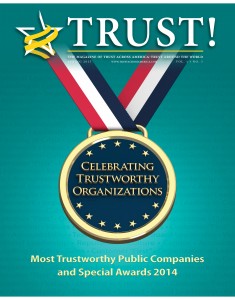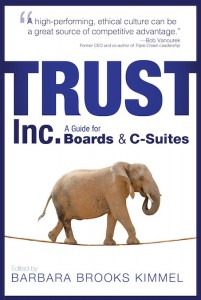Collaboration fosters better decision-making, and by working together, groups can achieve extraordinary outcomes.
On a personal level, collaboration:
- Improves communication skills
- Stimulates critical thinking
- Enhances self esteem
- Builds confidence
- Motivates individuals to take risks
- Builds self-control
- Allows for evaluation of personal values and goals
- Builds empathy
- Teaches to listen with respect
- Develops conflict resolution skills
- Shifts the focus from the “short term” to the “long term”
As a group, collaboration:
- Increases productivity
- Speeds up decision-making
- Encourages creativity
- Simplifies workflows
- Pools skills and resources
- Fosters diversity
- Increases profitability
- Brings balance to decision-making
- Encourages win/win situations
- And most importantly, builds trust
High trust organizations embrace collaboration which leads to high productivity and profitability.
The next time someone asks you to collaborate, perhaps your first response won’t be “What’s in it for me?”
Barbara Brooks Kimmel is the Executive Director of Trust Across America-Trust Around the World whose mission is to help organizations build trust, and runs the world’s largest membership program for those interested in the subject. She is also the editor of the award winning TRUST INC. book series and the Executive Editor of TRUST! Magazine. In 2012 Barbara was named “One of 25 Women Changing the World” by Good Business International.
Our annual poster, 52 Weeks of Activities to Increase Organizational Trust is available to those who would like to support our work by making a small donation.
The Spring issue of TRUST! Magazine, celebrating trustworthy organizations, is now available. It’s free by signing up at this link.
Copyright 2015, Next Decade, Inc.






Recent Comments